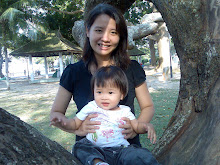- Classroom social environment plays an important role in supporting or undermining changes in young adolescents' motivation and engagement.
- Perceiving the teacher as supportive was especially important for students' confidence in relating to the teacher, self-regulated learning and display of disruptive behaviour. When students perceived their teacher as supportive (caring, friendliness, understanding, dedication and dependability), their efficacy for communicating and getting along with their teacher increased and they engaged in more self-regulated learning. They also engaged in less off-task and disruptive behaviour in the classroom.
- Students' perception of being encouraged to interact with others in the classroom and to share their ideas was correlated with motivation and engagement. Interaction among students is a critical component of student-centred instructional approaches. Encouraging interaction may also meet social needs and thus result in decreased disruptive behaviour in the classroom.
- Being in an environment where students' ideas and efforts are respected, with minimal threat of being embarrassed or teased, boosts students' confidence in their ability to learn, and suggests that they devote more cognitive resources to engaging with the tasks in hand.
- When students felt that their actions would be compared directly to others in the class, they expressed less confidence in their ability to relate well to their teacher and also reported engaging in more disruptive behaviour. Students may be less willing to engage in the task and may become more disruptive when they believe their performance will be viewed as an indicator of their relative ability.
Welcoming 2E1 to my blog....
12 years ago


No comments:
Post a Comment